Stroke Association response to the smoke free generation announcement
Stroke Association response to the smoke free generation announcement
Stroke Association response to the smoke free generation announcement
A Bristol man braved desert heat, hypothermia and an attack by an angry rattlesnake on a coast-to-coast cycle ride across the USA.
Simon Galpin, 55, from Kingswood, raised almost £3,500 for the Stroke Association, a charity which helps people rebuild their lives after stroke.
Simon, an engineer with Airbus at Filton, cycled 3,400 miles in seven weeks, crossing 16 states, deserts, mountains,
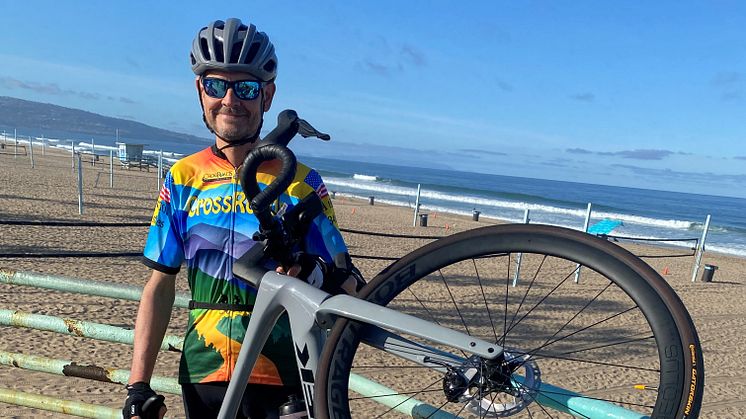
Jeremy Johnston was devastated when hemianopia – the loss of peripheral vision after his stroke – meant that he was no longer able to drive.
For four years he had to accept this, but thanks to twitter exchanges with former Australian rugby captain Michael Lynagh and a Liverpool University orthoptist, then a chance encounter with a stroke specialist in a Bulgarian ski resort, he’s back behind t
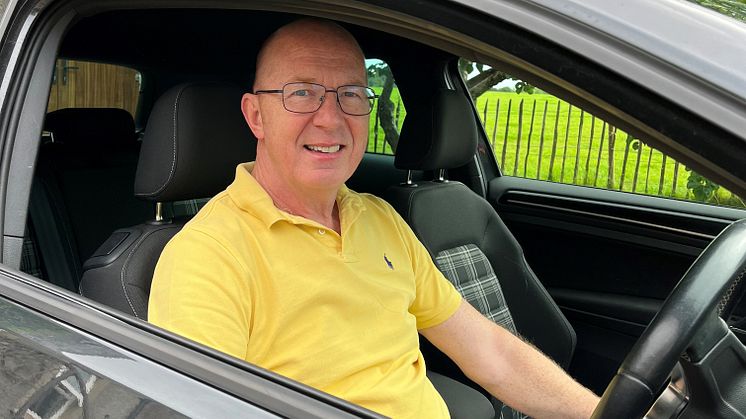
Stroke patients and their families at Altnagelvin Hospital now have access to a wide range of essential information to help them rebuild their lives, thanks to an initiative by the Stroke Association and Western Health and Social Care Trust.
Stroke changes lives in a moment and can leave stroke survivors and their families frightened and confused about how they can face the challenges ahead.
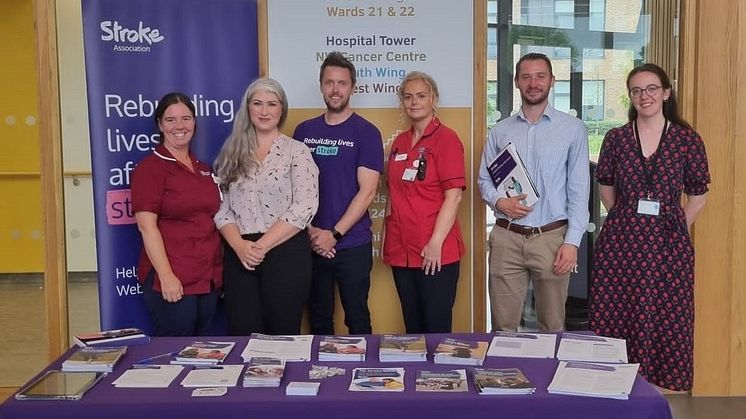
It is good to see stroke being recognised as the major condition it is.
It’s important that government and NHS leaders urgently address staffing issues in NHS and social care services which are key to relieving pressure across the system.
Stroke patients in Northern Ireland are being badly let down by continuing delays in creating centres of excellence for stroke care, says the Stroke Association.
One year on from the launch of the Department of Health’s long-awaited Reshaping Stroke Care Action Plan, there are still no firm plans for the much-needed transformation of stroke services and development of ‘hyperacute stroke units’
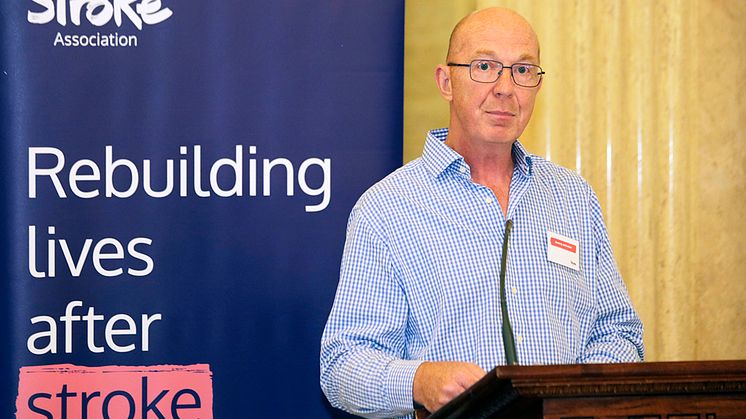
The Stroke Association welcomes the publication of the long-awaited NHS Workforce Plan.

A stroke survivor from Warminster is calling for more public understanding of the speech and language condition which affects him and more than 350,000 other people in the UK.
Mark Docksey, 38, says there are often times when people think he is “either daft or drunk” because they make assumptions about his speech.
He has aphasia, apraxia and dysphasia, as a result of a stroke in November 20
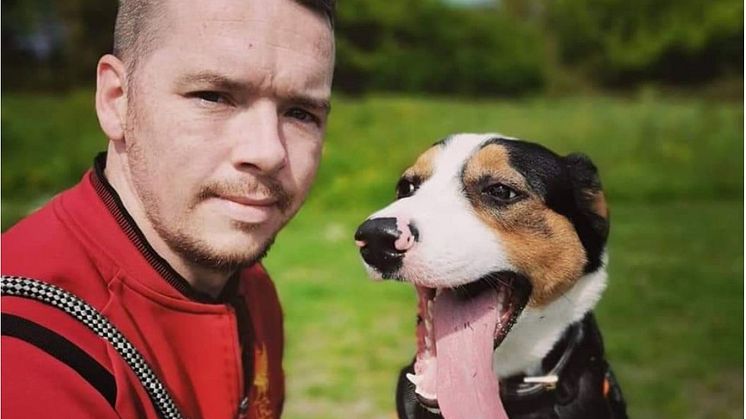
The unplanned withdrawal of stroke services from Daisy Hill Hospital in Newry, Northern Ireland, is extremely worrying.
Alasdair O’Hara, the Stroke Association’s associate director for Northern Ireland, said: "It’s long been acknowledged that stroke services across Northern Ireland need transformed to improve outcomes for patients and create more sustainable, high-quality services.
"Yet, d
New research from the Stroke Association reveals a huge lack of public awareness and knowledge of aphasia - a language and communication disorder most commonly caused by stroke
New research from the Stroke Association reveals over half of the Welsh public (57%) have never heard of aphasia*, despite it affecting over 350,000 people in the UK1.
Aphasia is a language and communication disorder

Anything we can do to prevent the misery that stroke can cause is ultimately good news.